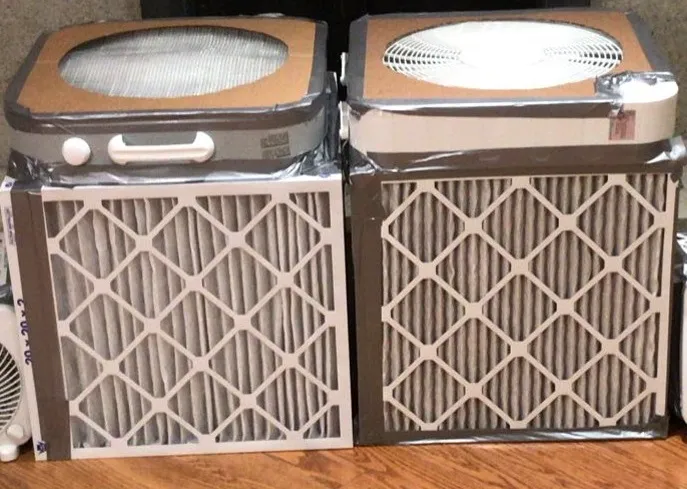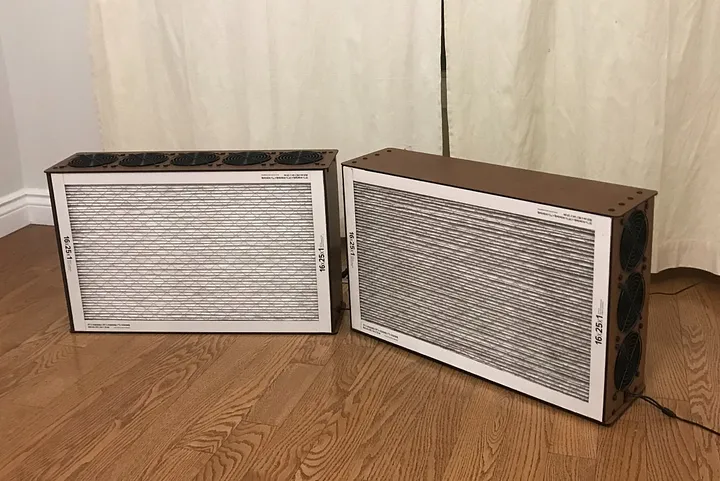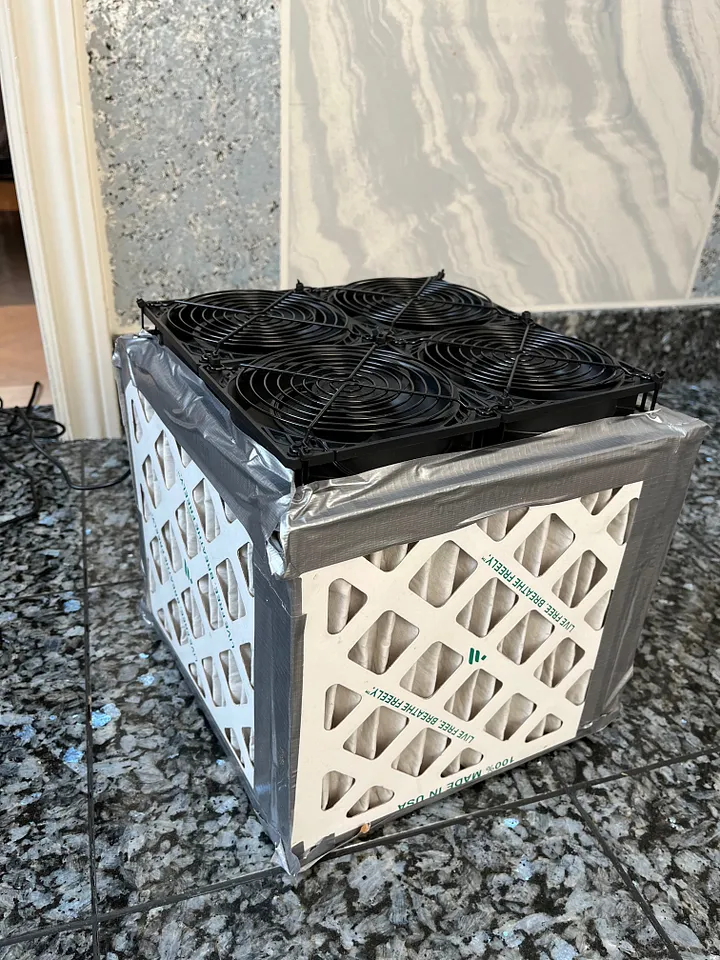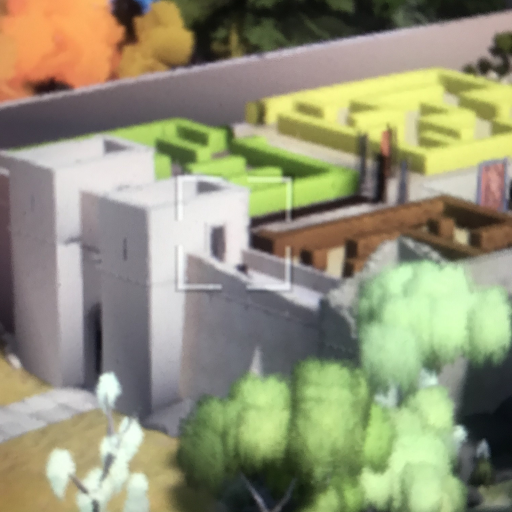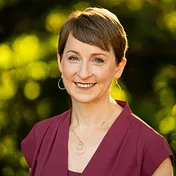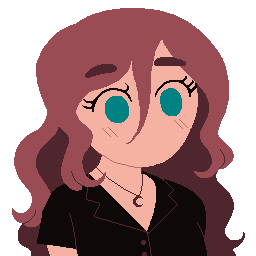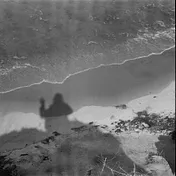This was the last community space where I felt fully
included. This was the last community space where I
could meet a new person by chance, and not have my
mask be a social barrier. In other community spaces,
people do not try to socialize with me. Unmasked
people avoid me so long as I am wearing a mask. I have
conducted experiments. During times of
low-transmission, I have experimented with taking my
mask off in community events where people previously
had ignored me despite my generally outgoing
personality. Suddenly, everyone becomes very
interested in talking to me. People welcome me to the
space as if I am new. I tell people that we had
actually met before—multiple times, in this same
space. They ask where I had been this whole time. I
tell them, right here, the whole time, wearing a mask.
At the next event, I will put my mask back on, and
those same people will go back to ignoring me when I
greet them by name. Kol Tzedek was the only space
where this was not an issue, because everyone was
wearing a mask.
[...]
I wish we could have negotiated. I wish we could have
agreed to compromises. I wish it was not just a
venting session where fifty disabled people cried in
our own ways and a middle-aged cis woman took notes
with a blank facial expression. I remember at one
point, she asked me why I do not simply attend virtual
services. I am grateful for the existence of virtual
services in this world, but to suggest that they are
comparable to an in-person community space is a joke.
If virtual services were just as good as in-person
services, then why don't the able-bodied people just
attend virtual services? Why did I donate hundreds of
dollars to fundraise for an expensive new
ADA-compliant building for the synagogue? Why would I
give 5% of my annual income to a local synagogue just
to attend virtual services? There are plenty of free
online options I could have gone to instead.
…

